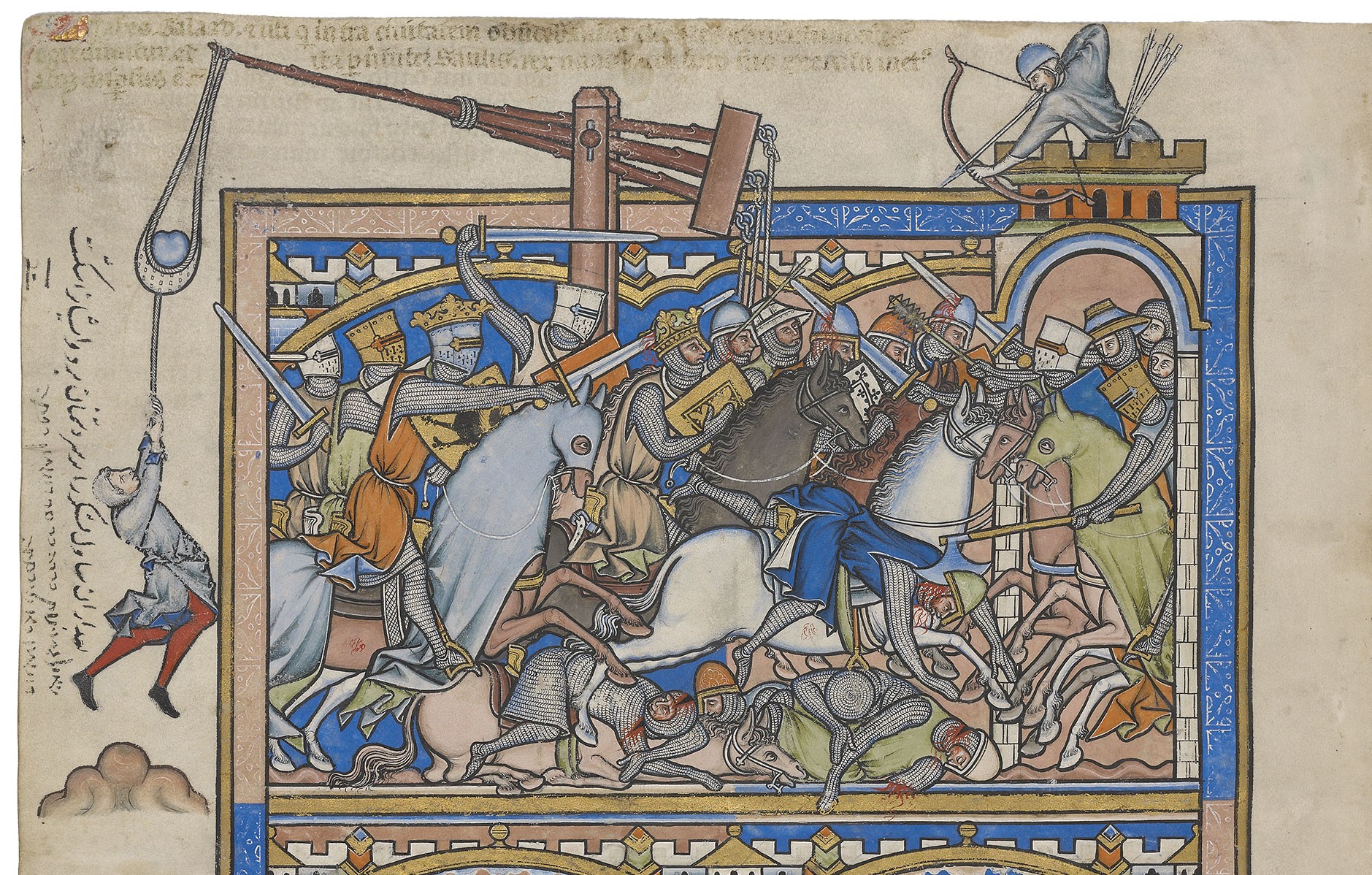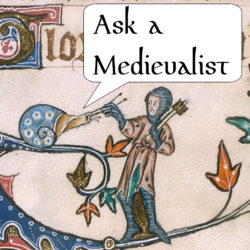Synopsis
Once upon a time there was a guy named Gawain, and someone made a movie about him! And he got to be played by Dev Patel, which is pretty great when you get down to it. And then we covered it! In which Em reveals that she watches way too much historical costuming YouTube, Jesse gives a coherent literary critique, and then we talk about cinematography and death. Oh, there’s a bunch about the actual Arthurian legends, too. And if you listen to the end, you can hear a short clip of Em singing. (Is that an inducement? Hmm.)
Notes
1/ To be fair, a lot of the podcasts I’ve listened to are about horror movies, so I’m never going to actually watch them. Shout out to Random Number Generator Horror Podcast Number 9.
2/ The Green Knight a 2021 film written (adapted?) and directed by David Lowery based on the late-14th-century poem Sir Gawain and the Green Knight
The film stars Dev Patel, Alicia Vikander, Joel Edgerton, Sean Harris, and more. It was released theatrically by A24.
https://en.wikipedia.org/wiki/The_Green_Knight_(film)
https://www.imdb.com/title/tt9243804/
3/ Geoffrey of Monmouth (flourishes in the first half of the 12th century) https://en.wikipedia.org/wiki/Geoffrey_of_Monmouth
A Companion to Geoffrey of Monmouth edited by Joshua Byron Smith and Georgia Henley https://brill.com/display/title/39588 (Published by Brill, so get it via ILL from your local library.)
4/ Prophecies of Merlin: https://en.wikipedia.org/wiki/Prophetiae_Merlini
5/ The “later work” Em mentions is the Prose Merlin.
The Middle English Prose Merlin was written in the mid-15th-century, just before Malory wrote his super famous version, making the Prose Merlin the earliest (extant) prose Arthur story. It’s largely based on French sources, including the Old French Vulgate Cycle (which is written in prose) and Robert de Boron’s Old French poem Merlin (of which only fragments remain). https://d.lib.rochester.edu/teams/text/conlee-prose-merlin-introduction
Robert de Boron flourished in the large-12th century and early 13th century. https://en.wikipedia.org/wiki/Robert_de_Boron
https://en.wikipedia.org/wiki/Merlin_(Robert_de_Boron_poem)
The Old French prose source is from the early 13th century and is known as the Vulgate Cycle (or the “The Pseudo-Map Cycle” and the “Lancelot-Grail Cycle”). https://en.wikipedia.org/wiki/Lancelot-Grail
6/ The Lady of the Lake is a fascinating character. https://en.wikipedia.org/wiki/Lady_of_the_Lake
7/ Marie de France (flourished 1160 to 1215). See episode 19 note 13 and episode 29 note 26.
https://en.wikipedia.org/wiki/Marie_de_France
8/ Chrétien de Troyes (flourished second half of 12th century)
https://en.wikipedia.org/wiki/Chrétien_de_Troyes
9/ Thomas Malory (c1400–c1470) https://en.wikipedia.org/wiki/Thomas_Malory
Le Morte d’Arthur https://en.wikipedia.org/wiki/Le_Morte_d%27Arthur was completed c1470 and **published** by William Caxton in 1485! Caxton’s published version was the earliest extant version of Malory’s work until 1934, when a manuscript was discovered at Winchester College. That manuscript is now in the British Library and is the earliest (and only) manuscript of Malory’s work. It’s known as BL Add MS 59678 or the WInchester Manuscript. https://www.bl.uk/collection-items/thomas-malorys-le-morte-darthur
10/ It sounds like we’re making this stuff about Cotton up, but it is true.
We also talked about Cotton in episode 39 note 8 and episode 56 note 2. Here is more info on the Cotton collection: https://www.bl.uk/collection-guides/cotton-manuscripts
https://en.wikipedia.org/wiki/Cotton_library
11/ Gawain characters: This got confusing! Jesse talks about Morgause (Queen of Orkney), and then switches to Morgan (and then back to Morgause). Basically, both women have always been ambiguous, but Morgause is maybe seen worse in the modern era than she was in the Middle Ages!
* Morgan le Fay: sister of Morgause and others https://en.wikipedia.org/wiki/Morgan_le_Fay
* Gawain: our hero(?) https://en.wikipedia.org/wiki/Gawain
* Mordred: https://en.wikipedia.org/wiki/Mordred
* Morgause: Queen of Orkney (wife of King Lot), mother of Gawain and Mordred https://en.wikipedia.org/wiki/Morgause
Here’s the poem in translation! https://d.lib.rochester.edu/camelot/text/weston-sir-gawain-and-the-green-knight
Here’s the original: https://quod.lib.umich.edu/c/cme/Gawain?rgn=main;view=fulltext (divided into Passus I, II, III, IV)
12/ Christian virtues: prudence, justice, fortitude, temperance (the cardinal virtues), and faith, hope, and charity (theological virtues).
13/ In retrospect, I think some of these characters have names in the credits, although not mostly mentioned in the movie.
14/ St. Winifred 7th century Welsh martyr. https://en.wikipedia.org/wiki/Saint_Winifred
15/ Em’s newsletter can be found by clicking here. The song in the background is George Harrison’s “The Devil and the Deep Blue Sea.” His version is better, go here and listen to it.
Podcast: Play in new window | Download
Subscribe: Spotify |

